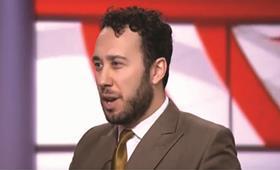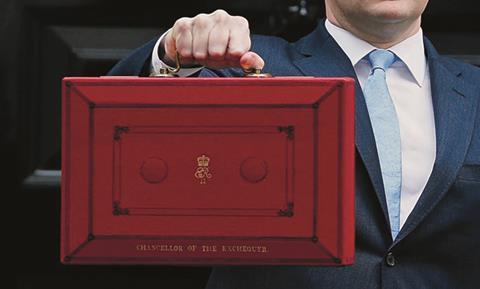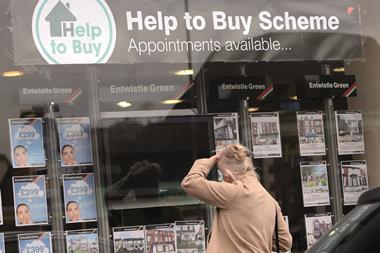
The government would do well to play to its loudest gallery - oldies.
Baby boomers were the first generation to embrace consumerism. Pretty soon they will make up one in five people and they have seismically different appetites for spending and saving than any generation before them.
This will have an impact on property, which is why forward-thinking investors such as Apache Capital and Legal & General are getting stuck in. The senior spend of £2.2bn a week has obviously pricked up a few ears.
From a policy perspective, there are huge economic and social incentives to harnessing some of this spend and structurally reforming the way this lot access property.
First, unlocking the unthinkably large pile (£1.54trn) of housing equity they sit on would both add billions to the economy and unlock thousands of underoccupied homes.

Second, creating specific types of property that can service changing physical needs - while embracing new medical technology - promises to create value not just through housing but through potentially huge savings
to healthcare.
Around one million retirees would consider downsizing if they were exempt from stamp duty. And while any such policy needs to be considered in context as first-time buyers aren’t going to just step into large family houses when oldies exit, it would be a simple move to start with.
As the build-to-rent revolution gathers pace, the concept of ‘housing as a service’ is crystalising. If we can get policymakers to think beyond the short term, then maybe there’s hope that our dogged chancellor might roll out a few new tricks in a Budget near you soon.






























No comments yet